| Amount Per 1 piece | |||
| Calories | 80 Kcal (335 kJ) | ||
| Calories from fat | 36 Kcal | ||
| % Daily Value* | |||
| Total Fat | 4g | 6% | |
|---|---|---|---|
| Saturated Fat | 1g | 5% | |
| Sodium | 420mg | 18% | |
| Total Carbs | 11g | 4% | |
| Sugars | 1g | 4% | |
| Dietary Fiber | 6g | 24% | |
| Protein | 8g | 16% | |
| Iron | 1.1mg | 6% | |
| Calcium | 150mg | 15% | |
* Percent Daily Values are based on a 2000 calorie diet. Your daily values may be higher or lower depending on your calorie needs.
Find out how many calories should you eat.
Ingredients And Nutrition Overview
Best
choice Good
choice Poor
choice Avoid
it!
choice Good
choice Poor
choice Avoid
it!
-
WeightWatchers Points: 1.1, PointsPlus: 2, SmartPoints: 2
WeightWatchers Points are estimated by carbohydrates, fats, protein and fiber in product. They are not an affirmation of better quality or nutritional value of the product or its manufacturer. Only way to count for dieters. Less points are better.
Read more at Weight watchers diet review -
Nice! 100% whole grain
Great job! Whole grains are a great source of fiber and other nutrients. Fiber is one of the most important things we need in our diet. Here is what fiber does for you: - Fiber helps your body process food from one end to the other. - Fiber plays an important role in mediating the blood sugar spikes from carbohydrate-laden food. Whole grains are not the only way to get fiber, BUT by choosing them instead of processed grains you've made a smart choice.
-
Salty! Has over 20% of the daily max
Americans consume 4000 mg of sodium daily when the maximum recommended amount is 2300mg for healthy adults. Many people should not exceed 1500mg. Most of the sodium (65%) in our diet comes from processed foods, not home cooking or the salt shaker. Excess sodium intake increases blood pressure, causes hypertension and other heart problems. That’s why most of us need to cut back.
-
For dieters: FoodPoints value is 6
* FoodPoints are calculated by Fooducate based on fats, carbs, fiber, and protein. They are not an endorsement or approval of the product or its manufacturer. The fewer points - the better.
-
Contains sulfites
Sulfites are inorganic salts that have antioxidant and preservative properties. Examples that appear on food labels are sulfur dioxide, sodium bisulfite, sodium sulfate, and potassium bisulfite. May cause severe reactions in people with sensitivity to sulfites, especially in asthmatics.
-
Highly Processed!
This product is highly processed. If you'll take a look at its ingredient list, you'll discover new words to add to your vocabulary. Many of theses ingredients are required to increase the shelf life of the product and improve the flavor that disappears when food is not fresh.
-
Contains glycerides
Mono and diglycerides are commonly used in processed foods to maintain stability in liquid products and "improve" quality in baked goods. These glycerides could be created using both hydrogenated and partially hydrogenated oils or animal fats. In theory, this may transfer a small amount of trans fats into the product. The glycerides are synthesized into phosphates by reacting with phosphorus pentoxide, a potential environmental hazard. But that's only part of the problem . . . The presence of mono and diglycerides should discourage you from buying a product for more than just these reasons: their inclusion in a product indicates that it is industrially processed. Choose products without mono and diglycerides not only for health reasons, but because you are getting a better quality food item overall.
-
Contains calcium propionate. Learn more
Calcium propionate (or calcium propaonate) is a preservative that inhibits mold and bacterial growth. Considered safe, but in the early 1990's it was linked to attention deficit disorder in children.
-
Sodium Aluminum Phosphate
This product contains sodium aluminum phosphate. Food manufacturers will tell you that this additive is not a problem. And yes, normally, people will have some amount of aluminum in their body by means of inhalation, ingestion or dermal contact. The Department of Health and Human services says most this aluminum will leave your body quickly through feces, and the small amount that enters your bloodstream will leave via urine, but . . . they also say that excess aluminum can cause problems. Some research has implicated aluminum with Alzheimer's and research both supports and refutes this. Doctors blame aluminum of exacerbating the effects of kidney disease and causing bone or brain diseases. Bottom line: There's no tangible benefit of consuming products with sodium aluminum phosphate. To err on the side of safety, particularly with products you consume everyday, choose ones without added aluminum.
You Might Also Like
% RDI of Main Nutrition Facts
4%
of RDI* (80 calories) 4.9 g
-
Cal: 4 %
-
Fat: 6.2 %
-
Carb: 3.7 %
-
Prot: 16 %
-
0%25%75%RDI norm*
Calories Breakdown
- Carbs (39.3%)
- Fat (32.1%)
- Protein (28.6%)
Get Your Recipe of Health!
Follow RecipeOfHealth on Facebook!


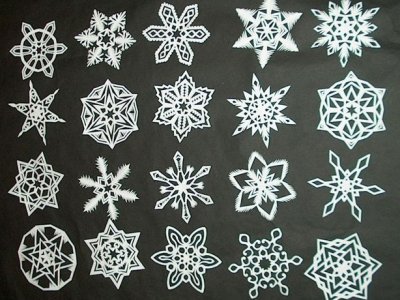


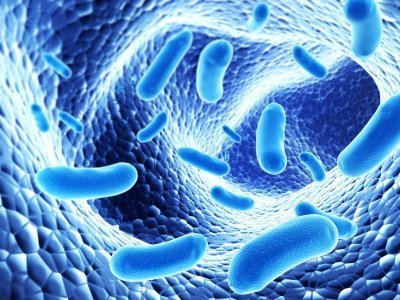









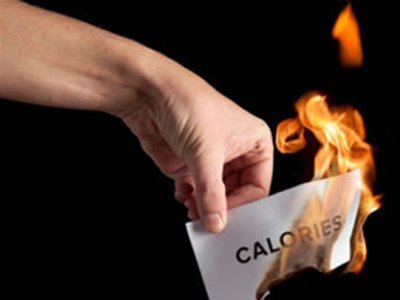
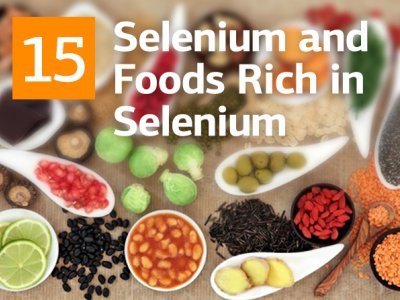
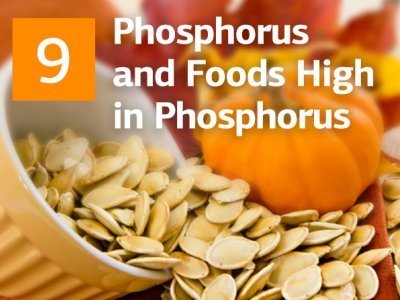
Add your comment